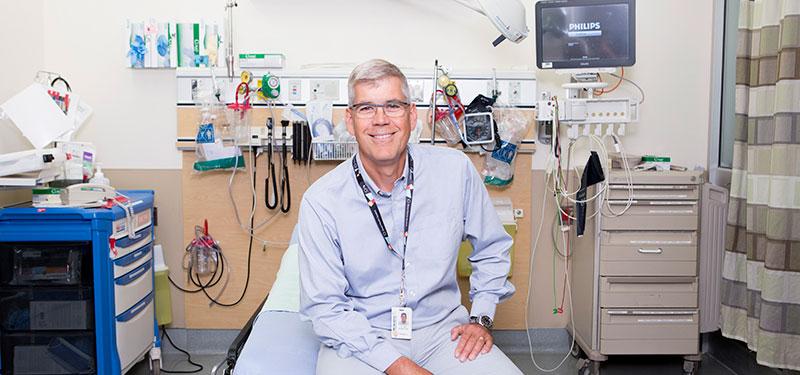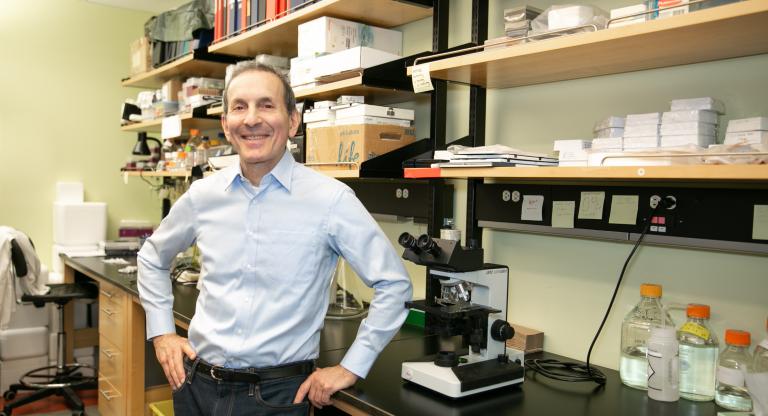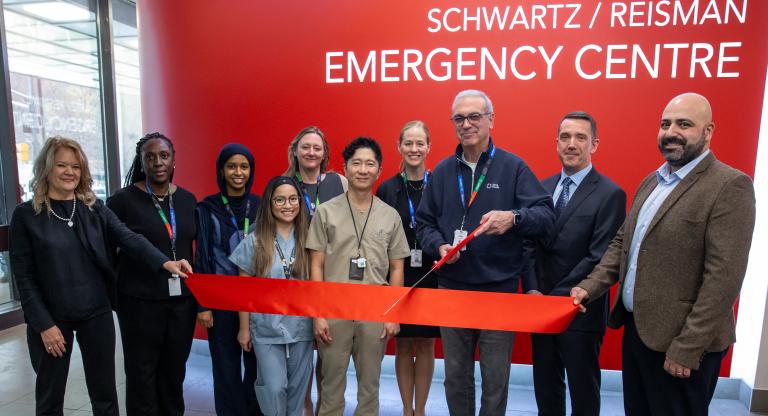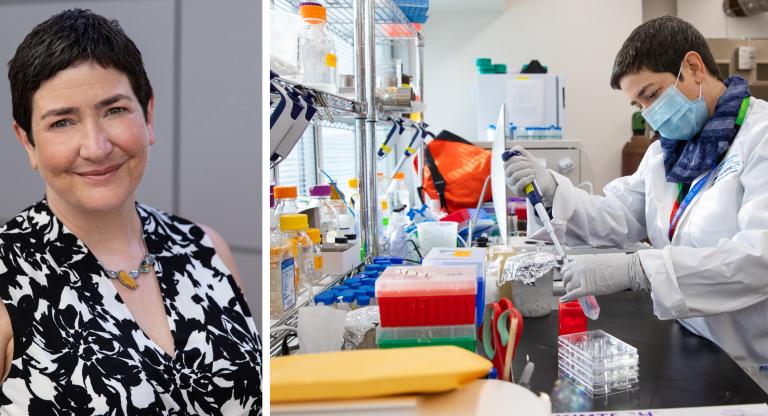(News Release) New Study Finds 1 in 200 Patients Prescribed Opioids in Emergency Departments will be Admitted to Hospital for Opioid Toxicity

A study published in CMAJ Open shows that emergency physicians contribute significantly to new prescriptions for opioids in Ontario, and that they prescribe opioids at doses which exceed new Canadian guidelines more often than family physicians, who write the most prescriptions for opioids of any individual group. The impact is that 1 in 200 patients prescribed opioids in emergency departments are subsequently admitted to hospital for opioid toxicity.
The study was led by Dr. Bjug Borgundvaag, Director of the Schwartz/Reisman Emergency Medicine Institute (SREMI) and Emergency Physician at Mount Sinai Hospital, part of Sinai Health System, and researchers at the Ontario Drug Policy Research Network and The Institute for Clinical and Evaluative Sciences (ICES).
Key findings from the study include:
- More than one third of all new prescriptions by emergency physicians exceed the dose recommended in the new Canadian opioid prescribing guidelines.
- Emergency physicians are twice as likely to prescribe higher potency drugs as family physicians.
- New opioid prescriptions for patients not prescribed opioids within the last year are written almost as frequently by emergency physicians as they are by family physicians.
- Emergency physicians and family physicians frequently prescribe opioids for conditions in which opioids are currently not recommended as the first line of therapy.
This is the first large scale study on opioid prescribing in Ontario emergency departments, with a focus on opioid naive patients -those who did not have an opioid prescription in the previous year. The study used a population based cohort using administrative data from ICES, analyzing prescriptions between 2008 and 2012. Patients were followed until 2014.
“There is an urgent need to better understand opioid prescribing patterns because the outcomes that we are seeing are alarming. Canada is among the world’s top consumer of prescription opioids and the increase in use is associated with significant patient harm. One in eight deaths of 25-34 year olds in Ontario is the result of prescription opioid overdose, most of which is accidental,” says Dr. Borgundvaag.
To read the study, click here .
About the Schwartz/ Reisman Emergency Medicine Institute (SREMI)
The Schwartz/Reisman Emergency Medicine Institute was established in November 2013 as a partnership between Mount Sinai Hospital (now part of the Sinai Health System) and North York General Hospital and our Departments of Emergency Medicine in Toronto. Its vision is to advance the discipline of emergency medicine through the development of new knowledge (research) and translating that knowledge into practice (knowledge translation) as well as advocating for system improvement through better public policy. http://www.sremi.ca/
About Sinai Health System
Sinai Health System is comprised of Mount Sinai Hospital, Bridgepoint Active Healthcare, Lunenfeld-Tanenbaum Research Institute and Circle of Care. As an integrated health system, it delivers exceptional care from healthy beginnings to healthy aging, especially for people with specialized and complex health needs, in hospital, community and home. Sinai Health System discovers and translates scientific breakthroughs, develops practical health solutions, educates future clinical and scientific leaders and leads efforts to eliminate health inequities. Its Lunenfeld-Tanenbaum Research Institute ranks in the top ten biomedical research institutes in the world. Sinai Health System is a full affiliate of the University of Toronto. www.sinaihealthsystem.ca
———-
For more information or to arrange an interview, please contact:
Sally Szuster
Senior Manager, Communications and Public Affairs
Sinai Health System
416 586-4800 ext. 8713
[email protected]












